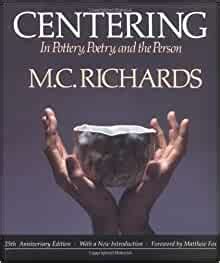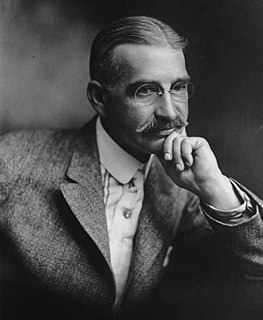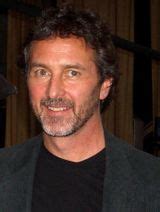A Quote by Helen Keller
Education should train the child to use his brains, to make for himself a place in the world and maintain his rights even when it seems that society would shove him into the scrap-heap.
Related Quotes
It makes him contemptible to be considered fickle, frivolous, effeminate, mean-spirited, irresolute, from all of which a prince should guard himself as from a rock; and he should endeavour to show in his actions greatness, courage, gravity, and fortitude; and in his private dealings with his subjects let him show that his judgments are irrevocable, and maintain himself in such reputation that no one can hope either to deceive him or to get round him.
Man is an Animal, formidable both from his Passions and his Reason; his Passions often urging him to great Evils, and his Reason furnishing Means to achieve them. To train this Animal, and make him amenable to Order; to inure him to a Sense of Justice and Virtue, to withhold him from ill Courses by Fear, and encourage him in his Duty by Hopes; in short, to fashion and model him for Society, hath been the Aim of civil and religious Institutions; and, in all Times, the Endeavour of good and wise Men. The aptest Method for attaining this End, hath been always judged a proper Education.
The great object of Education should be commensurate with the object of life. It should be a moral one; to teach self-trust: to inspire the youthful man with an interest in himself; with a curiosity touching his own nature; to acquaint him with the resources of his mind, and to teach him that there is all his strength.
Man cannot be exempted from his divinely-imposed obligations toward civil society, and the representatives of authority have the right to coerce him when he refuses without reason to do his duty. Society, on the other hand, cannot defraud man of his God-granted right... Nor can society systematically void these rights by making their use impossible.
A new danger now beset him [Grotius], the danger of becoming simply a venal pleader, a creature who grinds out arguments on this or that side, for this or that client: a mere legal beast of prey. Fortunately for himself and for the world he took a higher view of his life-work: his determination clearly was to make himself a thoroughly equipped jurist, and then, as he rose more and more in his profession, to use his powers for the good of his country and of mankind.
In my acquaintance with John Rawls, I found him to be a simple and honest man, who just by chance also happened to be the greatest moral philosopher of the twentieth century. I would like to think that I could emulate at least his modesty - his refusal to exaggerate his perception of himself and his place in the larger scheme of things - even if my work never compares with his in its importance.
The child takes in his world as if it were food. And his world nourishes or starves him. Nothing escapes his thirst. Secrets are impossible. He identifies with his surroundings and they live within him unconsciously; it is perhaps for this reason that the small child has been characterized as naturally religious.
For here we are so blind and foolish that we never seek God until he, of his goodness, shows himself to us. It is when we do see something of him by his grace that we are stirred by that same grace to seek him, and with earnest longing to see still more of his blessedness. So I saw him and sought him; I had him and wanted him. It seems to me that this is and should be an experience common to us all.
Most of the world's great souls have been lonely. Loneliness seems to be one price the saint must pay for his saintliness... Always remember: you cannot carry a cross in company. Though a man were surrounded by a vast crowd, his cross is his alone and his carrying of it marks him as a man apart. Society has turned against him; otherwise he would have no cross. No one is a friend to the man with a cross.
Education is identical with helping the child realize his potentialities. The opposite of education is manipulation, which is based on the absence of faith in the growth of potentialities and the connection that a child will be right only if the adults put into him what is desirable and suppress what seems to be undesirable.


































